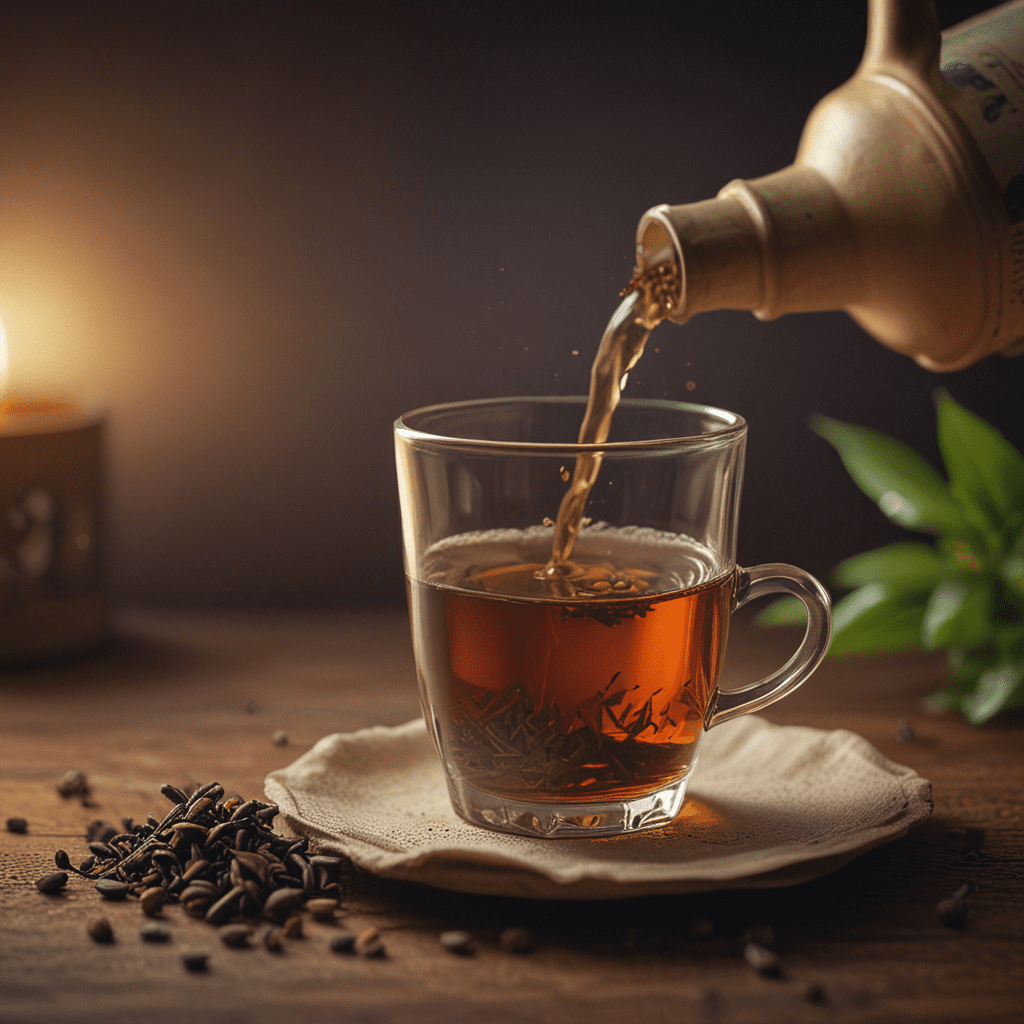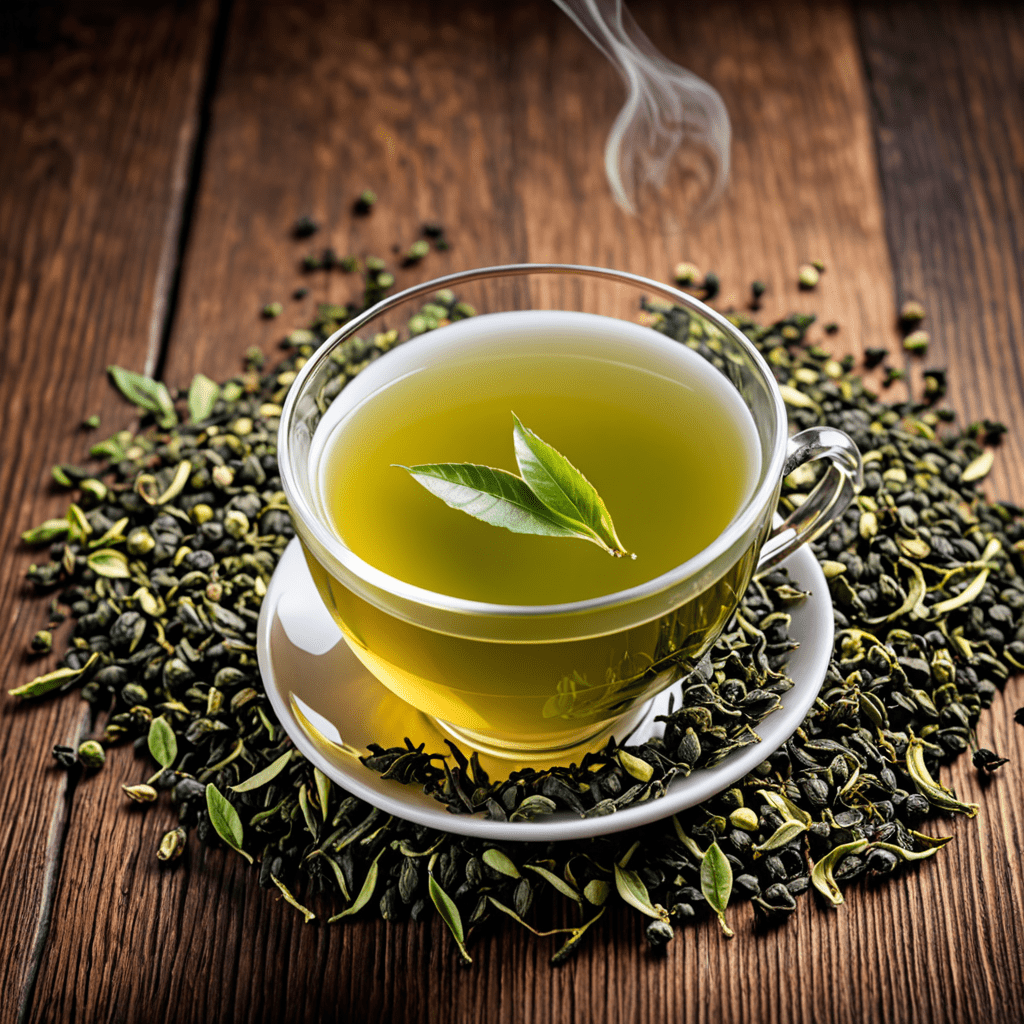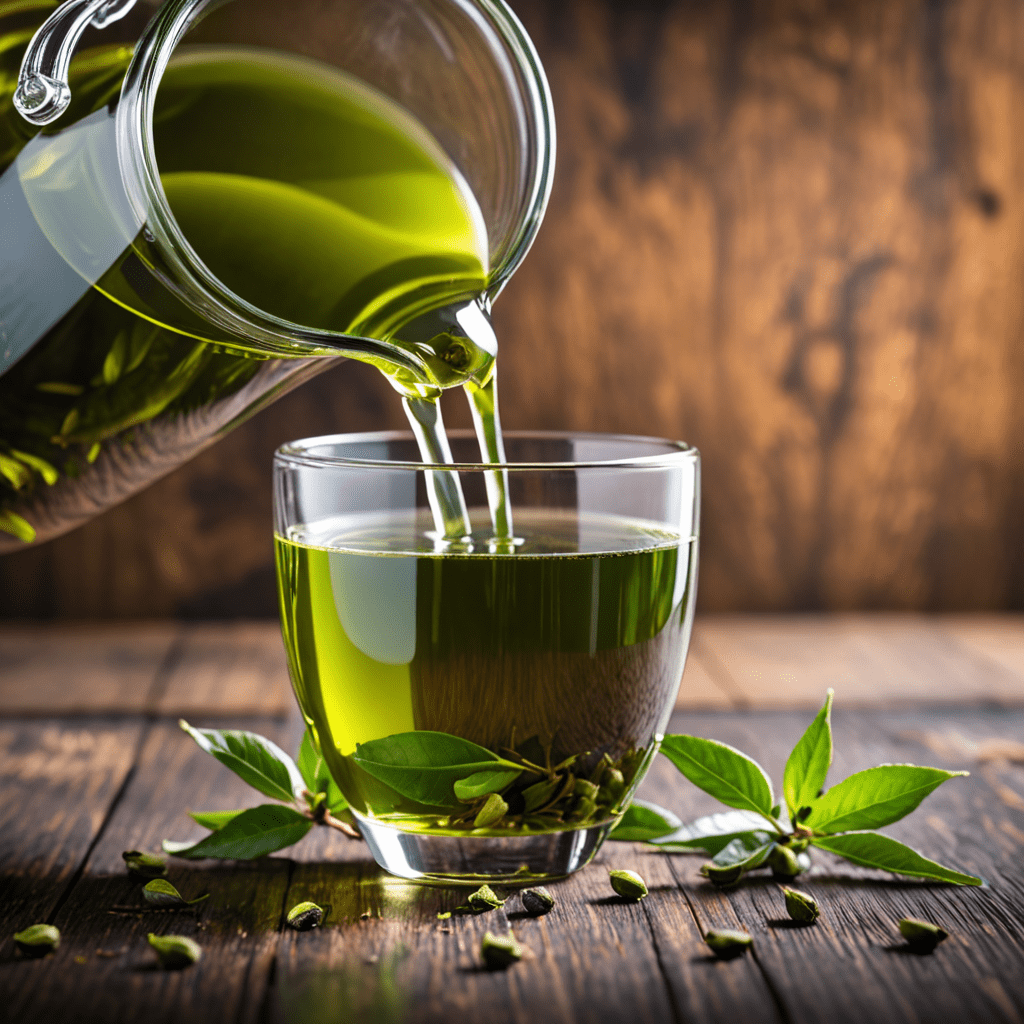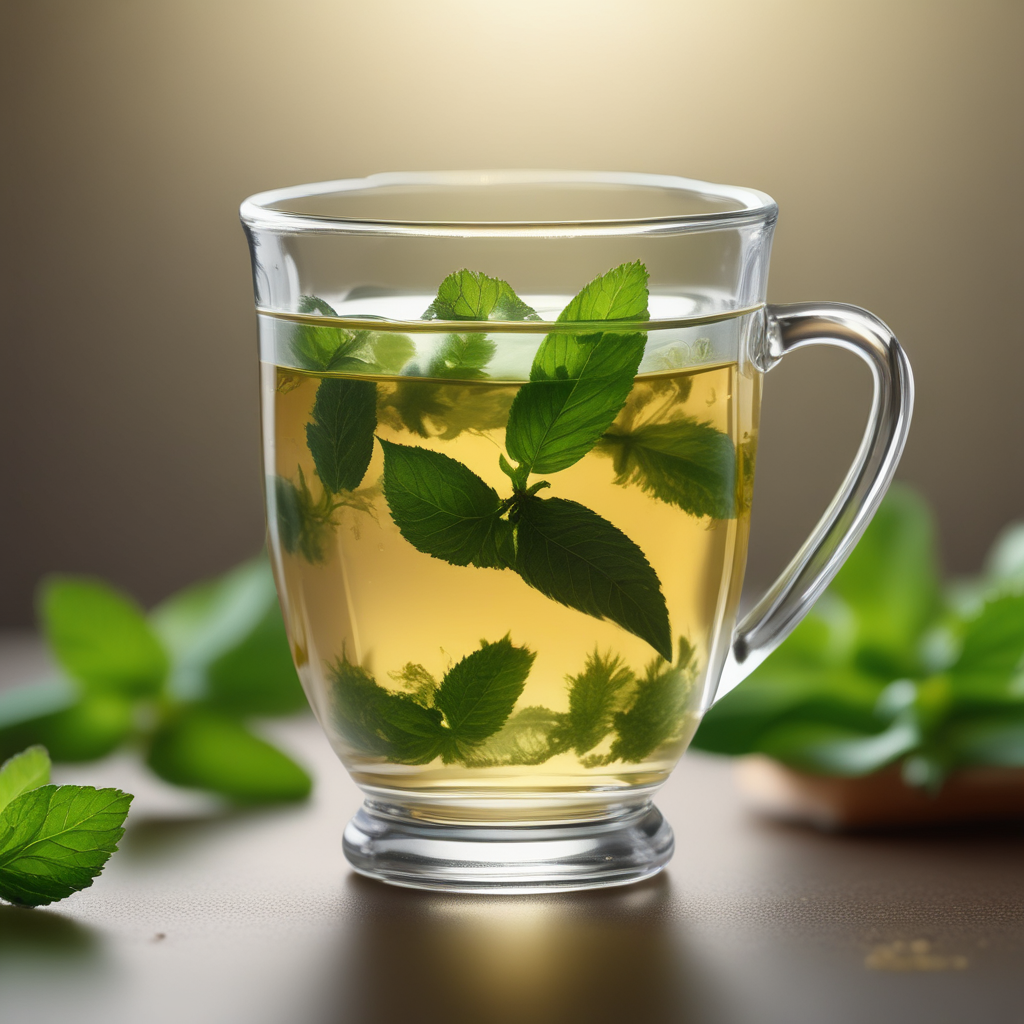The Legacy of Assam Tea
Assam tea, a cornerstone of Indian culture, has captivated tea enthusiasts globally for centuries. Its origins trace back to the lush Brahmaputra Valley in Northeast India, a region renowned for its ideal climate and fertile soil. Assam tea plantations, sprawling across the valley, paint a picturesque landscape, contributing to the state's rich tea heritage.
The Unique Climate and Geography of Assam
The Brahmaputra River plays a pivotal role in shaping the exceptional climate of Assam. Its mighty waters regulate temperature and humidity, creating an optimal environment for tea cultivation. The distinct soil composition, enriched by alluvial deposits, provides the perfect foundation for Assam tea plants to thrive.
Assam Tea Plantations: A Majestic Sight
Assam tea plantations, sprawling across vast estates, are a sight to behold. Meticulously manicured tea bushes, resembling verdant carpets, extend as far as the eye can see. Each plantation boasts its unique character, reflecting the terrain and microclimate of its surroundings.
Harvesting and Processing Assam Tea
The harvesting of Assam tea leaves is a delicate process, performed by skilled hands. Two main flushes occur annually – the first flush in spring and the second flush in summer. The leaves are plucked at their prime, ensuring optimal flavour and quality. After harvesting, the leaves undergo a series of processing steps to develop their characteristic rich flavour.
Assam Tea as a Reflection of Indian Culture
Assam tea has become an integral part of Indian culture, reflecting the country's diverse culinary traditions. Its robust flavour and distinct aroma have made it a beloved beverage, enjoyed in households, tea stalls, and upscale eateries alike. Assam tea embodies the essence of Indian hospitality, serving as a symbol of warmth and connection.
The Ritual of Preparing Assam Tea
The preparation of Assam tea is a ritual that has been passed down through generations. Traditionally, Assam tea is brewed in a large pot, known as a "bhora." The tea leaves are boiled in water until they release their full flavour. Milk and sugar are then added to taste, creating a rich, aromatic beverage. The ritual of preparing Assam tea is often accompanied by social gatherings, where families and friends come together to share stories and laughter.
Assam Tea’s Global Impact and Recognition
Assam tea has gained international recognition for its exceptional quality. It is exported to over 90 countries around the world, where it is prized for its unique flavour profile. Assam tea has received numerous accolades and awards, including the "Best Tea in the World" award at the World Tea Expo. Its global presence has contributed to the spread of Indian tea culture and has made Assam tea an ambassador for India on the world stage.
Preserving the Tradition of Assam Tea
Recognizing the importance of Assam tea to the state's economy and cultural heritage, various measures have been taken to preserve and promote its tradition. The Assam Tea Board, established in 1953, plays a crucial role in regulating the industry and ensuring the quality of Assam tea. Sustainable farming practices and fair trade initiatives have also been implemented to protect the environment and support local tea growers.
Conclusion: The Essence of Tea Culture Embodied in Assam Tea
Assam tea stands as a testament to the rich tea culture of India. Its distinctive flavour, cultural significance, and global appeal make it an embodiment of the essence of tea. Assam tea plantations, harvesting, processing, and brewing rituals have been passed down through generations, preserving a tradition that continues to captivate tea enthusiasts worldwide. Assam tea serves as a beacon of Indian culture, inviting the world to experience the warmth, hospitality, and distinctive taste that define this exceptional beverage.
Frequently Asked Questions
What is the difference between Assam tea and other black teas?
Assam tea is known for its robust flavour and malty aroma, which sets it apart from other black teas. It has a higher caffeine content than most other black teas, making it a great choice for those who enjoy a strong cup of tea.Is Assam tea good for health?
Yes, Assam tea contains antioxidants and other beneficial compounds that may offer health benefits. It has been linked to improved heart health, reduced inflammation, and better cognitive function.How do I store Assam tea?
Assam tea should be stored in an airtight container in a cool, dry place away from direct sunlight. This will help preserve its flavour and quality.
- How many cups of Assam tea can I drink daily?
The recommended daily intake of caffeinated beverages is generally 400 milligrams of caffeine or less. Based on the caffeine content of Assam tea, it is advisable to limit your consumption to 2-3 cups per day for moderate caffeine intake.



